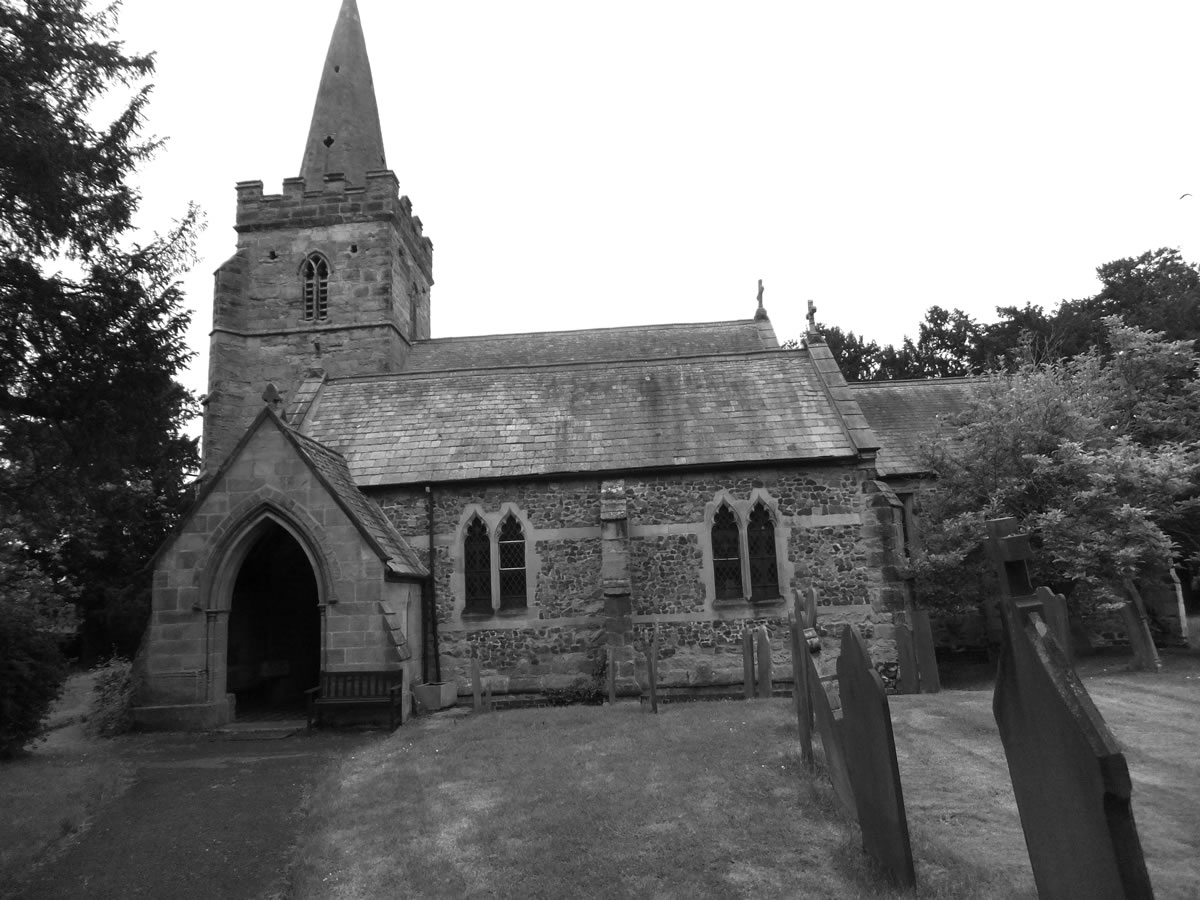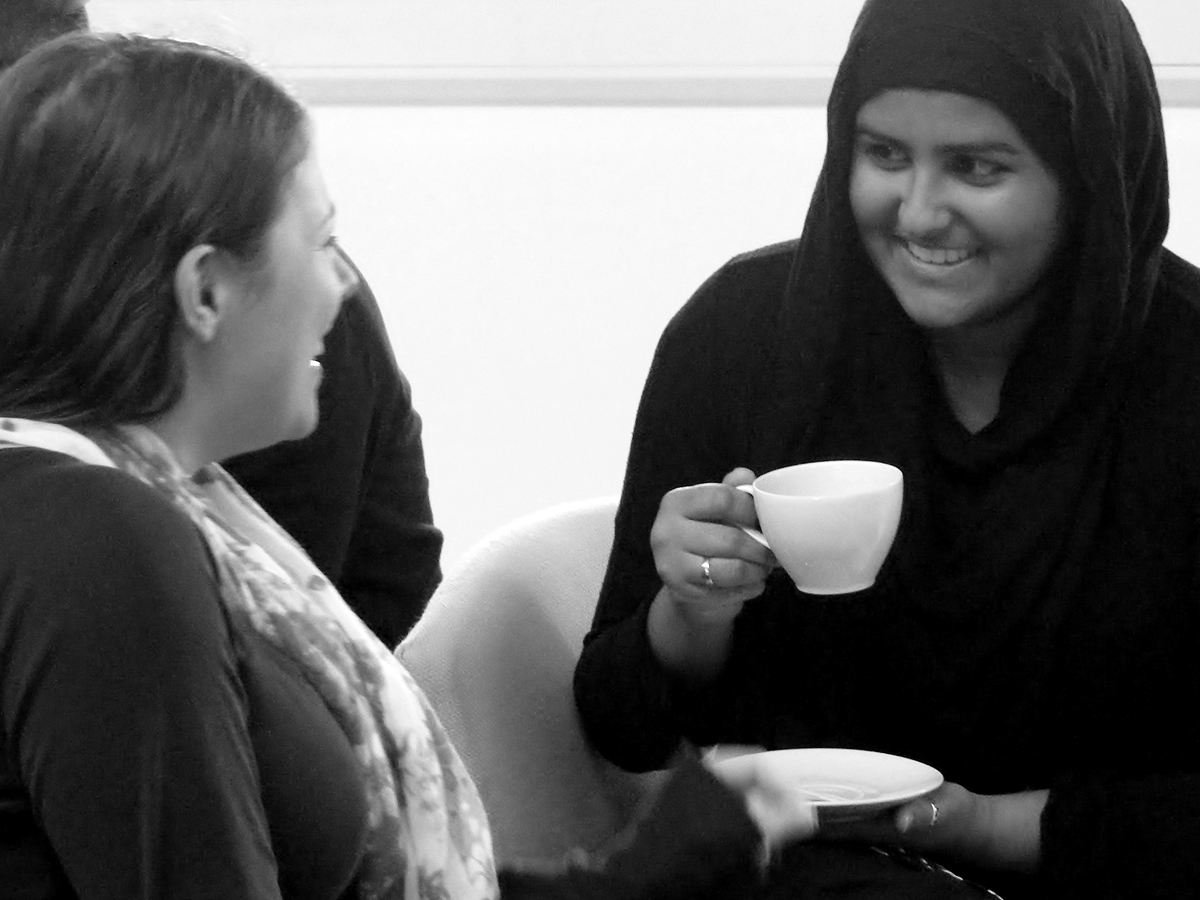Beliefs, Values, and Wellbeing
Our research contributes towards progressive, practical changes in church and faith communities, public policy and academia. Following the visionary thinking and social concerns of Archbishop William Temple, our research promotes economic, social and political wellbeing.
Introduction
The Foundation’s work on the progressive contribution of religion to social, political and economic change has led more recently to engagement and research into the connection between religion and personal ethics, virtues and mental and psychological wellbeing. This engagement explores the connection between religion, theology and popular psychology, leadership and change management, especially in work-based and business environments and local authority partnerships with the community and voluntary sectors.
Temple Tracts
Graystone, Andrew (2002) Falling Among Thieves: Understanding and Responding to Church-related Abuse (William Temple Foundation)
Hearn, Tina (2017) Religion and the Politics of Flesh (William Temple Foundation)
Eve Poole (2016) Ethical Consumerism (WilliamTemple Foundation)
Atherton, John and John Reader (2015) Mapping the Material: Religious Practices in Changing Times (William Temple Foundation).
Books
Poole, Eve (2017) Leadersmithing (London: Bloomsbury)
Atherton, J., Baker, C., and Reader J., (2012) Christianity and the New Social Order (London: SPCK).
Atherton, J., Graham E., and Steedman I., (2010) The Practices of Happiness: Political Economy, Religion and Wellbeing (London/New York Routledge, 2011).
Journal articles
Smith, Greg (2017) Does Faith make you Heathy and Happy? The Case of Evangelical Christians in the UK, The Journal of Religion and Society Vol 19, June 2017
Peter Stokes, Christopher Baker and Jessica Lichy (2016) ‘The Role of Embedded Individual Values, Belief and Attitudes and Spiritual Capital in Shaping Everyday Postsecular Organisational Culture’, European Management Review 13, 37-51 .
Baker, Chris and Power, Maria. (2018) ‘Ghosts in the Machine: Beliefs, Values and Worldviews in the Workplace and Business Environment’, Journal of Beliefs and Values, 39(4), p474-489.
Book Chapters
Baker, C (2013) ‘Measuring the F factor – happiness, resilience and spiritual capital in public policy’. Paper given at the Spirituality and Addiction conference: 20 February 2013, University of Chester, Chester Centre for Faiths and Public Policy.
Baker, C (2012) ‘Exploring Spiritual Capital – a resource for an uncertain future?, eds. M. O’Sullivan and B. Flanagan, Spiritual Capital – Spirituality in Practice in Christian Perspective, (Farnham: Ashgate).
Baker, C (2010) ‘The ‘one in the morning’ knock: exploring the connections between faith, participation and wellbeing’, in (eds.) J.Atherton, E.Graham and I.Steedman, The Practices of Happiness – political economy, religion and wellbeing, (London and New York: Routledge).
Reader, J. (2010) ‘Wellbeing or resilience: Blurred encounters between theory and practice’ in The Practices of Happiness: Political Economy, religion and wellbeing edited by Atherton, Graham and Steedman (London and New York : Routledge).
Baker, C (2009) ‘Social, Religious and Spiritual capitals: A Psychological Perspective?’ eds. de Souza, M., Francis, L.J., O’Higgins-Norman, J., Scott, D, International handbook of Education for Spirituality, Care and Wellbeing, (London and New York: Springer).

